
Getting a traditional publishing deal is one of the biggest milestones for any debut author. It’s that moment when years of writing, revising, and doubting yourself finally lead to something tangible—a real book, backed by a real team.
But landing a contract isn’t just about writing a good book. It’s also about finding the right publisher to back you. Not every publishing house is created equal, especially when it comes to debut authors. Some are better at nurturing first-time writers, while others focus more on proven names.
The publishing house you choose can shape how your book is marketed, how wide it reaches, and how your career grows from here. It can mean the difference between a quiet release that fizzles out and a launch that opens doors you never thought possible, from bookstore placements to foreign rights deals and movie adaptations.
In this post, you’ll find the best traditional publishers for first-time authors, what they’re looking for in a debut novel, and smart ways you can make your manuscript stand out. If you want your debut to get the attention it deserves, choosing the right partner is just as important as writing the story itself.
Why Choosing the Right Publisher Matters for Debut Authors
You might think that once you finish your book, any publisher who says “yes” is the right one. But that’s like saying any person who proposes marriage is automatically your soulmate.
The truth is, the right publishing house will amplify your voice, market your work properly, and set you up for long-term success. It’s not just about getting a deal. It’s about building a future.
Some publishers specialize in nurturing new writers, and that makes all the difference. In addition to buying your manuscript, they’re also investing in your potential.
They’ll spend more time refining your edits, give you more flexibility to stay true to your storytelling voice, and fight harder to introduce your work to the right readers.
You can see how powerful this is by looking at success stories like Celeste Ng, whose debut novel Everything I Never Told You was published by Penguin Press. Or Madeline Miller, whose first novel, The Song of Achilles (published by Bloomsbury), sold well and went on to win the prestigious Orange Prize for Fiction.
These writers were both talented and smart. They partnered with publishers that knew exactly how to elevate a debut and turn it into a breakout moment.
The market is hungry for new voices.
The good news is that the market is hungry for new voices. The Association of American Publishers (AAP) reported that total publishing industry revenue in the US was $28.10 billion in 2022, which was 8.6% higher than the $25.87 billion recorded in 2019, just before the pandemic.
That surge means traditional publishers are actively looking for strong, fresh storytelling to meet reader demand. If you position yourself right, your debut novel could be exactly what they’re searching for.
10 Best Traditional Publishing Houses for Debut Novels
Let’s get into the heart of it: here are the top traditional publishers for debut authors you should have your eye on if you’re serious about launching your writing career the right way. Each one brings something different to the table, depending on your genre, your voice, and your long-term goals as a writer.
1. Penguin Random House
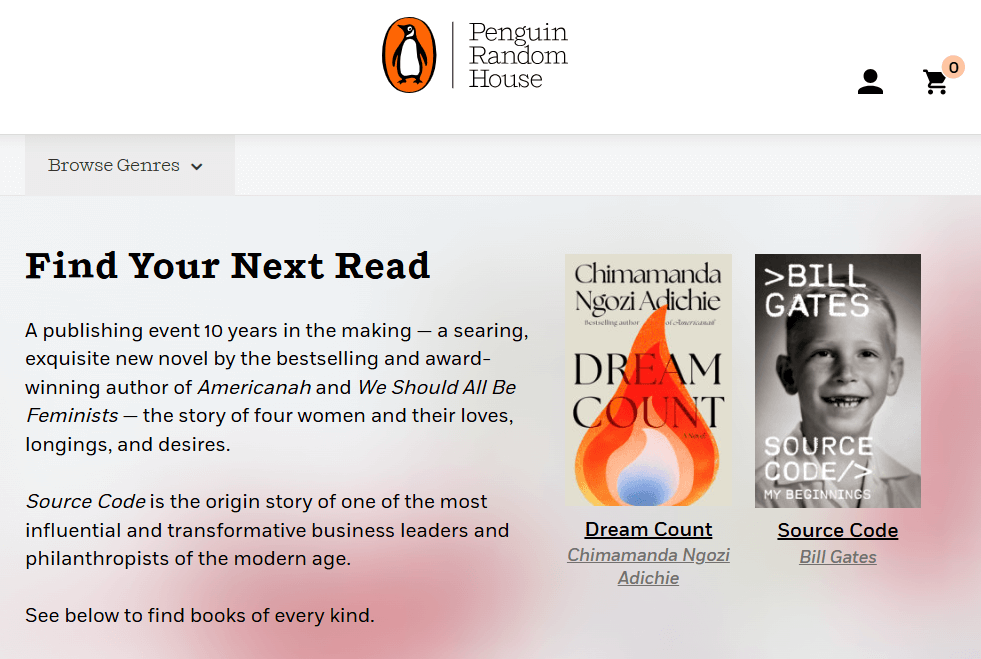
The biggest fish in the pond, Penguin Random House (PRH) offers a ton of opportunities for first-time authors. With dozens of imprints under its umbrella, it casts a wide net across every genre you can imagine.
Imprints like Riverhead Books and Dial Press are famous for launching the careers of fresh voices. They invest heavily in marketing, something many other publishers reserve only for established names, and trust me, when you’re starting out, that marketing muscle can make a massive difference.
PRH also tends to offer global distribution right out of the gate, which can open international doors for your debut.
Notable debut: The Night Circus by Erin Morgenstern, published by Doubleday, a PRH imprint.
2. HarperCollins
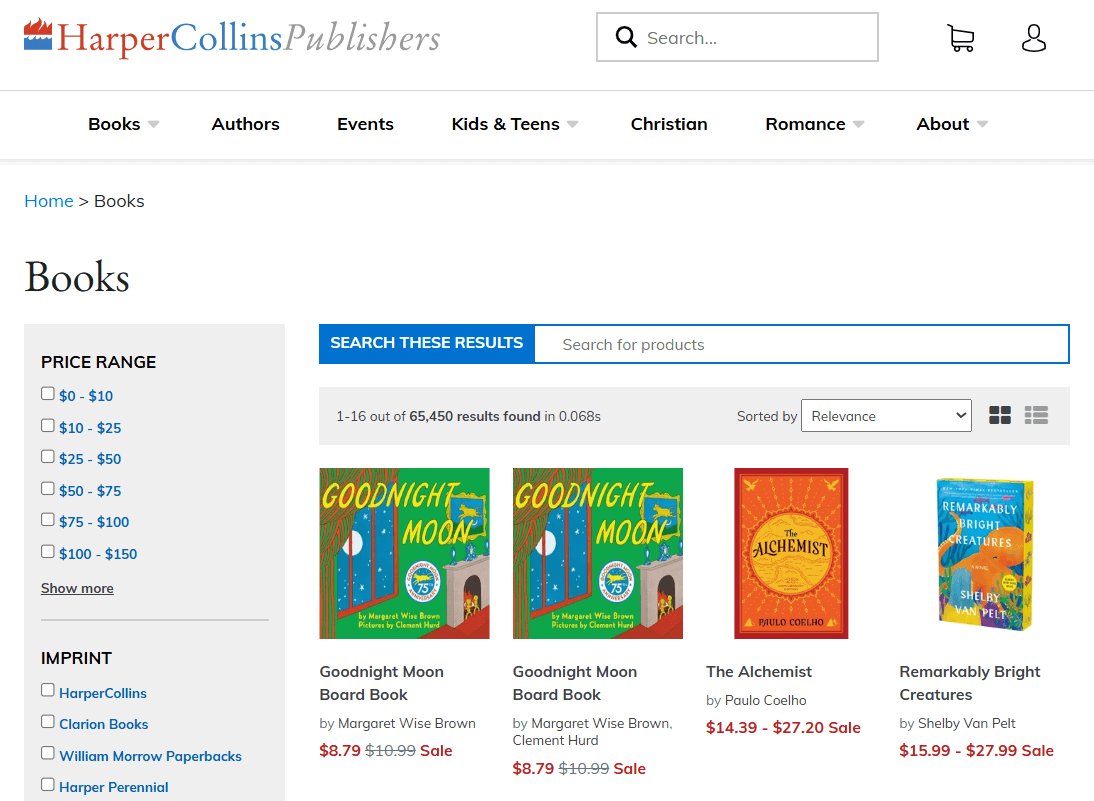
HarperCollins is another titan that knows how to spot potential. Their imprints like Harper Perennial and HarperVia often look for diverse new writers across literary fiction, memoir, and commercial fiction.
What really sets them apart is how they treat debut authors: they’re in it for the long haul. They aren’t just hoping you’ll be an overnight sensation. They’re willing to nurture your growth across several books.
That kind of patience is rare in today’s fast-moving publishing world, and it can be priceless for a first-time author finding their voice.
Notable debut: Where the Crawdads Sing by Delia Owens, published by G.P. Putnam’s Sons (an affiliate).
3. Simon & Schuster
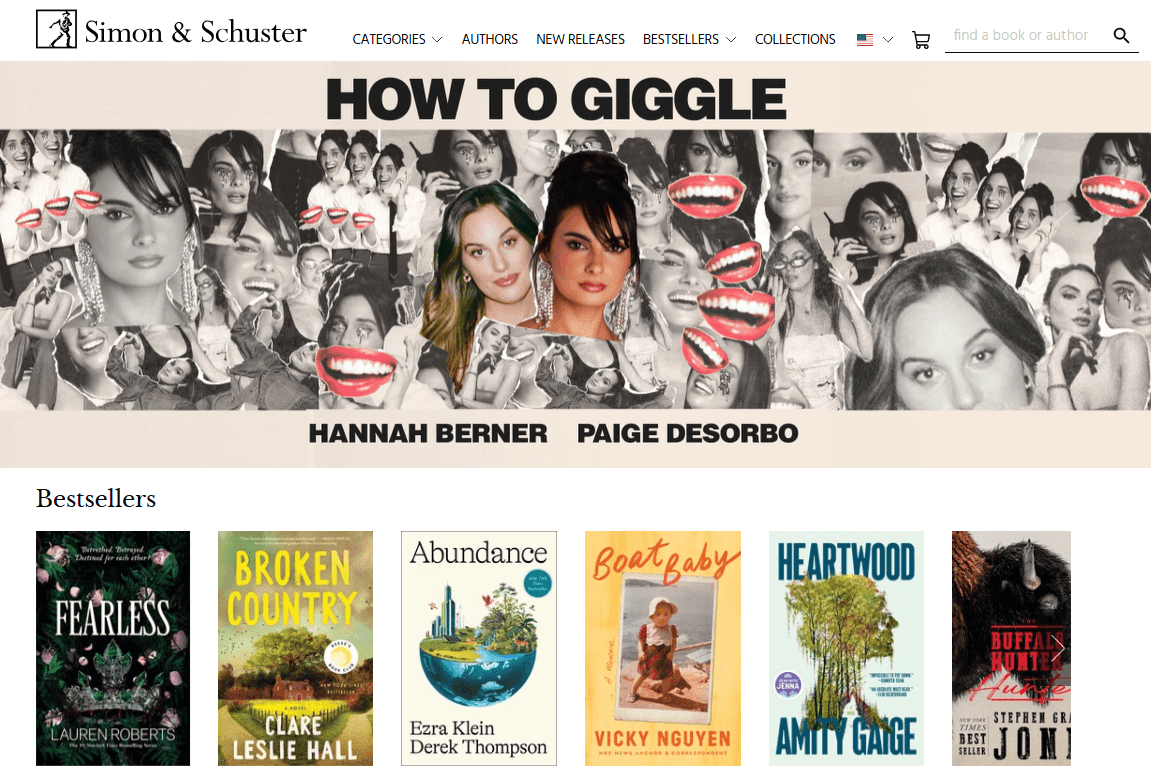
If you’re writing contemporary fiction, memoir, or YA, Simon & Schuster could be a strong fit. They have a reputation for being forward-thinking and betting on new voices even when they don’t fit a predictable trend.
Imprints like Atria Books are particularly open to first-timers, which means you have a real shot if your story feels fresh and compelling. In fact, many of their editors pride themselves on discovering rather than just acquiring talent.
Notable debut: The Girls by Emma Cline, published by Random House (before they later moved to S&S for her next works).
4. Hachette Book Group
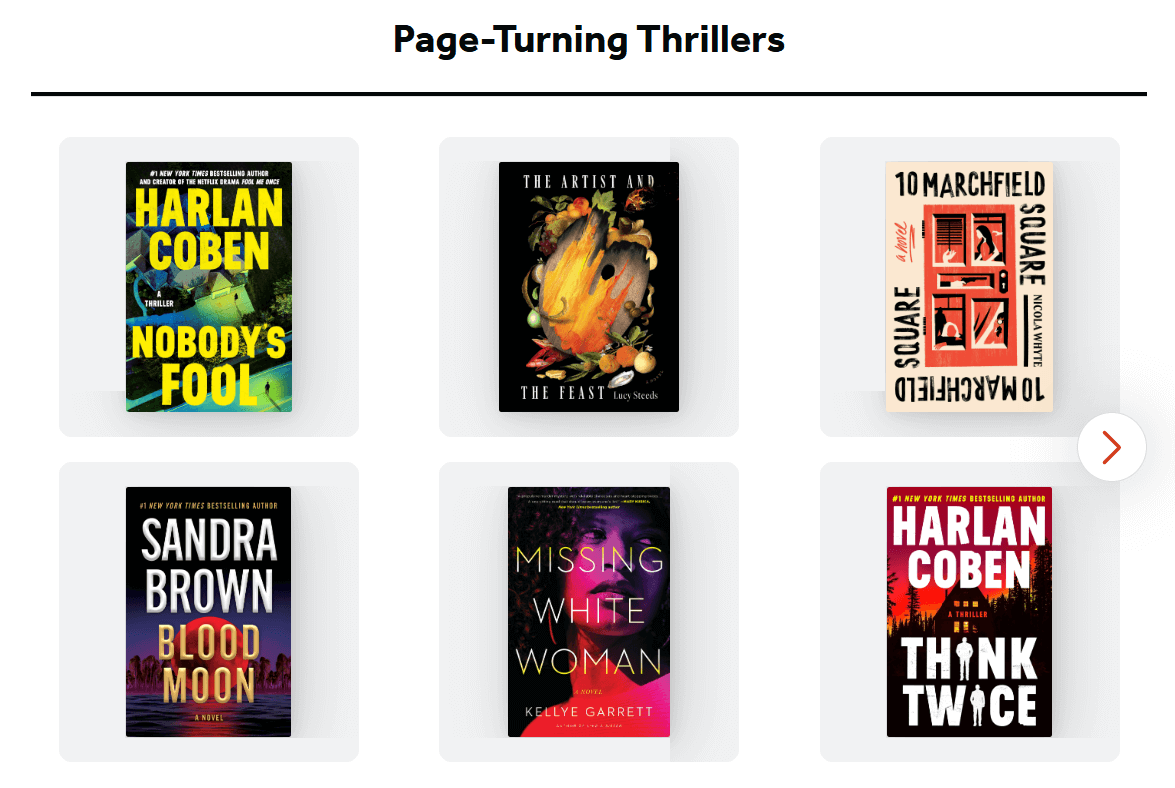
Little, Brown and Company (part of Hachette) loves literary fiction and emotionally rich storytelling. If your novel dives deep into character, emotion, or psychological tension, Hachette should be on your radar.
They aren’t afraid of complex, layered storytelling, which can be a breath of fresh air when so many places are chasing the next “hooky” thriller. And they’ve got the editorial chops to help a debut novelist polish that rough diamond into a bestseller.
Notable debut: The Silent Patient by Alex Michaelides, originally published under Celadon Books, an imprint of Macmillan but often associated with Hachette’s editorial style.
5. Macmillan Publishers
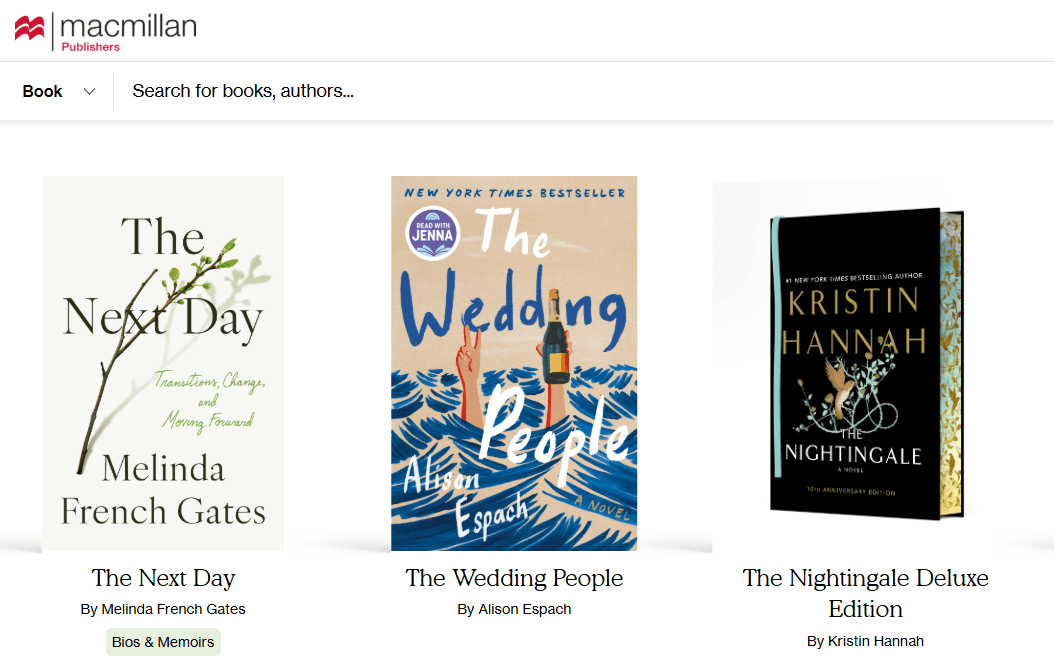
Macmillan is known for taking risks on new writers who offer something fresh, whether it’s in commercial fiction, sci-fi/fantasy (through Tor Books), or contemporary YA.
One thing I admire about Macmillan is that they’re not afraid of books that straddle genres or don’t fit neatly into a box. If your novel is a little different—a little bolder—they might just be the place willing to bet on you.
Notable debut: An Absolutely Remarkable Thing by Hank Green.
6. Bloomsbury Publishing
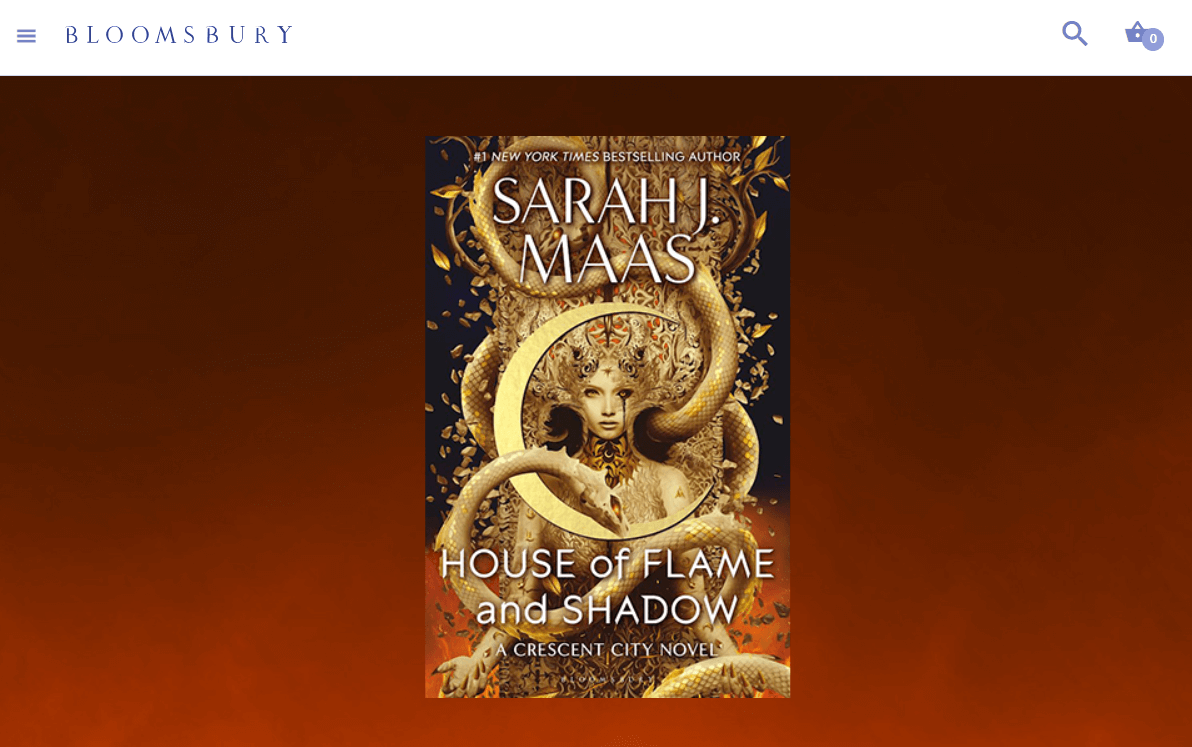
If you dream of being the next literary sensation, Bloomsbury should be on your radar. They famously published J.K. Rowling’s Harry Potter and the Philosopher’s Stone after 12 other publishers rejected it, proof that they know how to spot long-term magic even when others don’t.
Bloomsbury supports both commercial hits and deeply literary works, and they’re known for nurturing authors over the long haul rather than chasing short-term trends. They truly invest in building an author’s brand, not just selling one book.
Notable debut: The Song of Achilles by Madeline Miller.
7. Scholastic
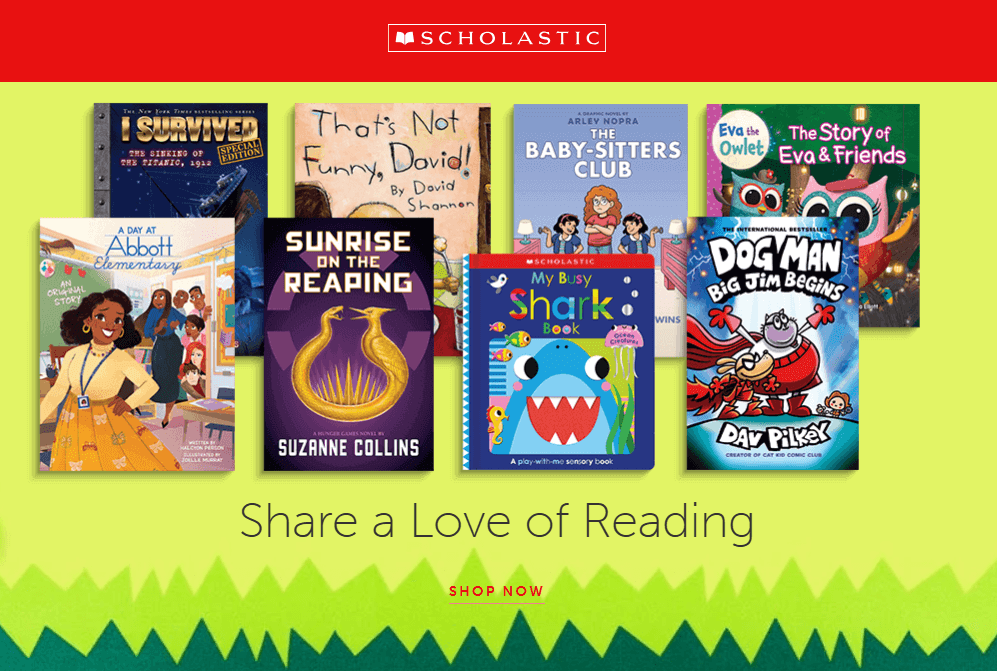
Best for children’s literature, middle-grade novels, and YA fiction, Scholastic is wide open to newcomers. If you write for younger audiences, this publisher actively seeks debut talent to build the next generation of classics.
Plus, Scholastic has unique reach into schools and libraries, giving your book a chance to become part of a young reader’s life early on. For a debut author, that kind of exposure is incredibly valuable and hard to match elsewhere.
Notable debut: The Hunger Games by Suzanne Collins (although she had previous work in children’s TV, her novel career launched with Scholastic).
8. Kensington Publishing Corp.
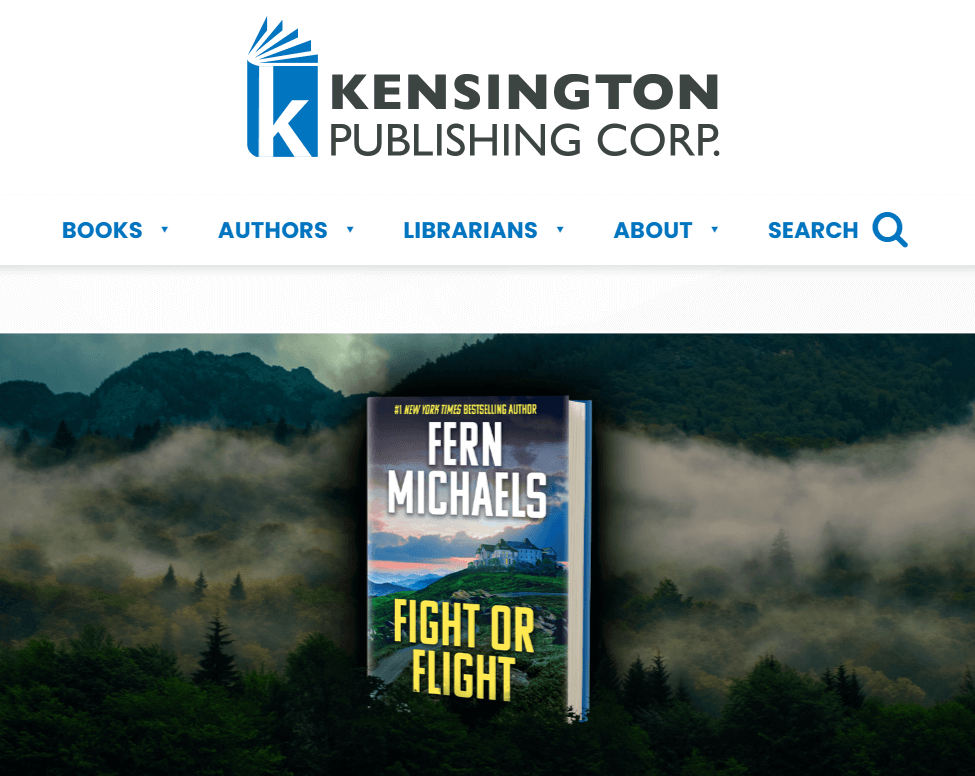
This independent giant specializes in romance, mystery, thrillers, and genre fiction. They have a strong reputation for giving debut authors a real shot, and unlike the Big Five, they often allow unsolicited submissions (meaning you don’t always need an agent).
That alone can make a huge difference if you’re still building your network and trying to break into the traditional publishing world without the extra hurdle of landing representation first.
9. Sourcebooks
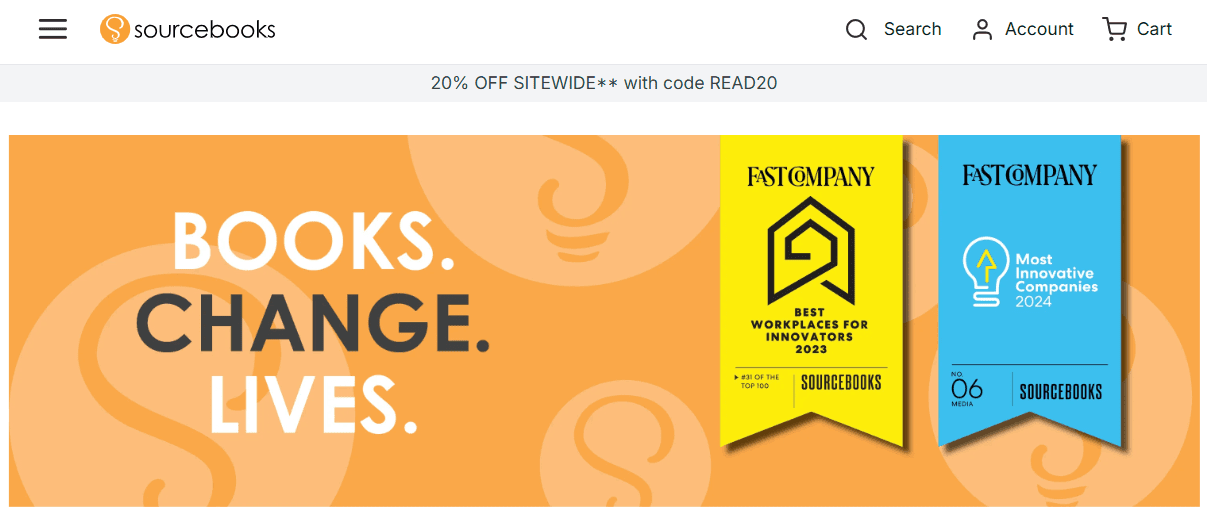
One of the fastest-growing independent publishers in the US, Sourcebooks actively seeks debut authors. They publish across many categories, from fiction to non-fiction, romance to YA, and they have a genuine track record of launching first-time writers into the spotlight.
Several books that started as debut manuscripts at Sourcebooks have gone on to become national bestsellers and win major awards.
10. Chronicle Books
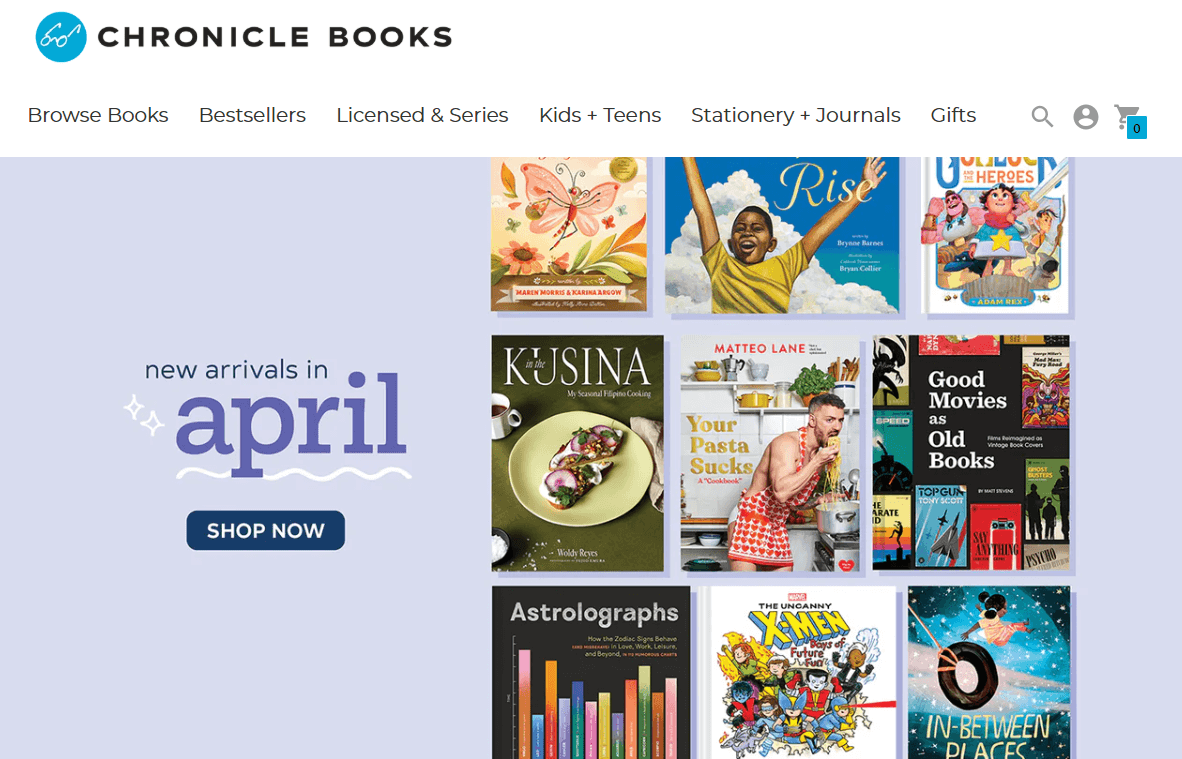
If you’re creating something visually stunning, literary, or quirky, Chronicle could be your perfect match. They’re particularly open to new voices in fiction, graphic novels, and unique memoirs.
Chronicle also puts a lot of thought into design and packaging, so if you’re dreaming of a debut novel that not only reads beautifully but looks gorgeous on a shelf, they’re definitely worth considering.
How to Make Your Debut Novel Stand Out to Traditional Publishers
Breaking into traditional publishing as a debut author takes more than just a good story. In today’s crowded market, a strong manuscript is simply the starting line, not the finish. You need strategy, persistence, and a little bit of business savvy to get noticed.
Here’s how to make your debut novel shine in a way that grabs a publisher’s attention for all the right reasons:
Step 1: Find a Literary Agent
Most big publishers require an agent to submit, and for good reason. Think of your agent as a professional matchmaker. They know the editors, the trends, and the subtle tastes of different publishing houses.
It’s not just about getting your book seen; it’s about getting it seen by the right people. A great agent doesn’t just submit your manuscript. They position it to look irresistible. Without one, even the best debut novels can get lost in the slush pile.
Step 2: Craft an Irresistible Query Letter
Your query is your foot in the door, and you usually have just a few paragraphs to either hook an agent or lose them. It should be clear, engaging, and tailored to each agent or editor you query — no generic copy-paste jobs.
A study from QueryTracker.net found that only about 5% of queries get full manuscript requests, which means your query needs to sparkle just as much as your actual novel. Don’t rush this part. I rewrote my own query letter more times than I care to admit. And when it finally hit right, the response was immediate.
Step 3: Invest in Professional Editing
Even the best story can sink if it’s riddled with pacing issues, stiff dialogue, or clunky prose. And trust me, after months (or years) working on a book, it’s almost impossible to spot your own flaws. I personally had my debut manuscript edited by a freelance editor before querying.
And when I finally landed my first agent, she flat-out told me that polish made all the difference. She said, “You made it easy for me to say yes.” That stuck with me. Clean, professional writing makes agents and publishers see you as someone ready for the big leagues.
Step 4: Build a Modest Platform
You don’t need 100k Instagram followers or viral TikToks. Even a modest mailing list, a blog, or consistent engagement on writing Twitter shows publishers that you understand your audience and are willing to connect with them.
In a way, your platform tells publishers that you’re not just a writer; you’re a partner they can market with.According to Jane Friedman, a publishing industry expert, publishers increasingly expect new authors to have some sort of online presence, even if it’s small but engaged. And that makes sense: readers today want more connection with the people behind the books they love.
You’re not treated like a small fish in a big pond — you’re their big deal.
Bottom line? Your novel might be the centerpiece, but the full package—your professionalism, your readiness, your voice, your approach—is what will convince a traditional publisher to take a chance on your debut.
Small and Independent Presses Welcoming Debut Authors
Sometimes, the best move isn’t chasing the Big 5. In fact, if you’re a debut author with a bold voice or a slightly unconventional story, small and independent publishers might actually be your best shot at getting the launch you deserve.
Many of these presses offer more personal editorial relationships, meaning you’re not just another name on a spreadsheet. You’re a project they care about, someone whose work they are genuinely excited to help shape and share with the world.
Plus, smaller publishers are often more willing to take bigger creative risks, supporting unique or genre-bending novels that the larger houses might shy away from.
A few great options for debut authors include Graywolf Press, known for award-winning literary fiction and memoirs, and for championing bold, thoughtful storytelling without chasing trends.
Many Graywolf authors have gone on to win major prizes like the Pulitzer and the National Book Award, proving that you don’t need a Big 5 logo on your spine to have a serious literary career.
Tin House Books is another excellent choice, especially for serious literary writers, and they are famous for nurturing emerging voices through both their publishing arm and their workshops.
They love layered, character-driven stories, and if you’ve ever been part of the Tin House Summer Workshop, your path to publication with them might be even smoother.
Algonquin Books also stands out, focusing on literary fiction with strong storytelling and voice. They have a track record of launching debut novels that go on to have long lives, both commercially and critically, and they invest heavily in giving first-time authors the kind of hands-on editorial support that makes a huge difference.
The key advantage with small presses? You’re not treated like a small fish in a big pond — you’re their big deal. They’re proud to build your career with you, book by book, instead of expecting instant bestseller status.
I’ve seen debut authors thrive with small presses, not just because their work got published, but because it was nurtured, championed, and given room to truly shine.
Important Tips Before Submitting Your Debut Novel
Before you hit send on that submission email, remember: this is your first impression, and you don’t get a second one. Even if your novel is brilliant, small mistakes in the submission process can cost you serious opportunities. Here’s what you need to lock down before taking that big step:
1. Research submission guidelines religiously.
Every publisher and agent has unique requirements, and they mean it. Some want a query letter plus the first five pages. Others might want a full synopsis and three chapters.
If you ignore their instructions, you don’t just seem careless; you seem unprofessional. I’ve heard agents say that ignoring submission guidelines is an automatic “no” because if you can’t follow basic directions now, they worry how you’ll handle the publishing process later.
2. Understand your genre and market.
It’s not enough to say, “My book is for everyone.” If you tell a publisher your mystery novel is “for everyone,” they’ll know you didn’t do your homework. Publishers need to know exactly where your book fits in the marketplace so they can figure out how to sell it.
Knowing whether your book is a cozy mystery, a psychological thriller, or a police procedural can make the difference between a quick rejection and genuine interest. The more precisely you can position your novel, the easier it is for them to picture it on shelves.
3. Protect your rights.
Understand the basics of book contracts before you sign anything. You worked too hard on your novel to lose control over it because you didn’t read the fine print.
Be especially wary of predatory clauses like perpetual rights grabs. These are hidden landmines where a publisher tries to hold onto your rights forever, even if they stop selling your book. If you’re not sure, invest in a literary attorney for a one-time contract review. It’s money well spent.
4. Consider copyrighting your work.
While your work is technically protected upon creation, formal copyright can give you peace of mind, especially if you’re submitting to small or independent presses. It also makes any legal dispute much easier to resolve if, heaven forbid, something shady ever happens.
Think of it like locking your house, even though you live in a safe neighbourhood. It’s better to have that extra layer of protection.
At the end of the day, publishing isn’t just art. It’s business. Approach it like a professional from day one, and you’ll already be miles ahead of the writers who treat it like a lottery. Your book deserves the best possible chance, and so do you.
Find the Best Publisher for Your Unique Voice
There’s no “one best” traditional publisher for debut novels. There’s only the best one for you. That’s something I learned the hard way after years of trying to mold my writing into what I thought publishers wanted.
Spoiler alert: it didn’t work. The truth is, publishing is not a one-size-fits-all journey. What feels like a perfect fit for someone else’s novel might not be right for yours, and that’s not just okay, it’s exactly how it should be.
Your novel might be the centerpiece, but the full package—your professionalism, your readiness, your voice, your approach—is what will convince a traditional publisher to take a chance on your debut.
I genuinely believe that finding a publisher is like finding a dance partner. They have to move with your style, your rhythm, and your ambitions. If they’re too stiff, too fast, or trying to drag you into steps you don’t recognize, the dance falls apart.
Big or small, prestige or indie cred, what matters most is who’s going to champion your story like it’s their own. You want a partner who sees your story’s potential and is excited to step onto the floor with you, flaws and all.
If I had to give you one final piece of advice? Don’t chase trends. Don’t write what you think publishers want. Chasing the market almost always leads to writing that feels hollow, and readers can sense it a mile away.
Write the story that only you can tell, polish it until it shines, and then find the publisher who sees its brilliance without you having to shout for attention. Trust me, the ones worth working with are looking for exactly that: authenticity.
Because the right publisher for your debut novel isn’t just offering you a contract. They’re offering you a future. They’re saying, “We believe in you enough to bet on your journey, not just your first book.” And that kind of belief is what turns debut authors into lifelong writers.




